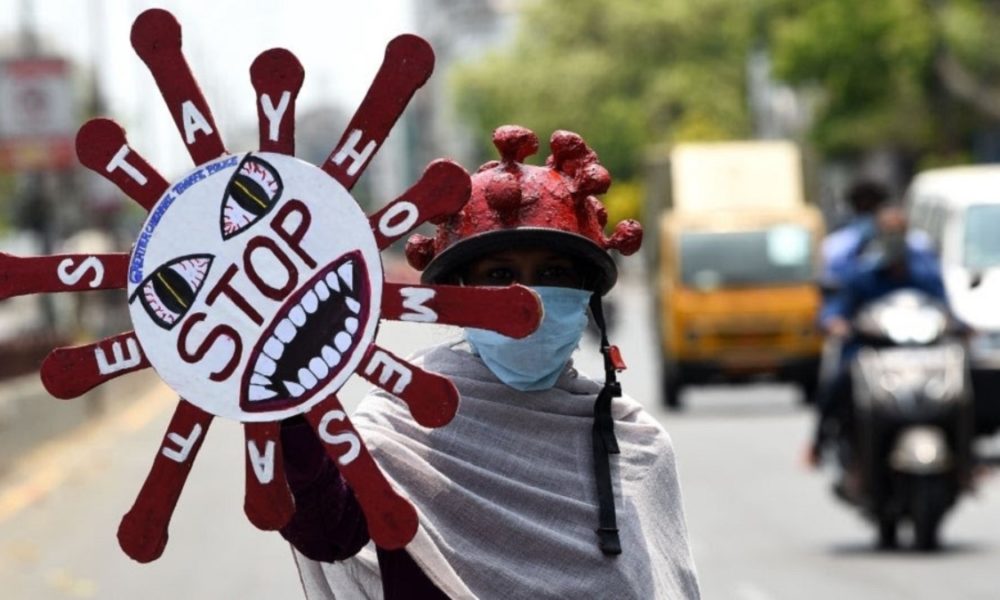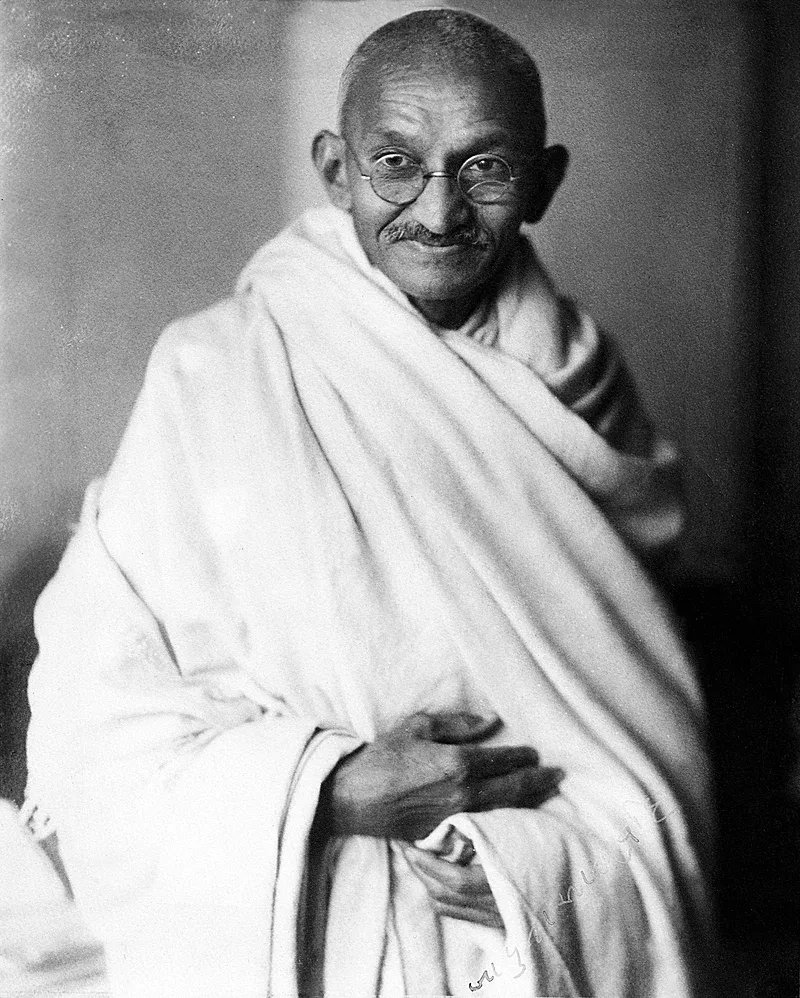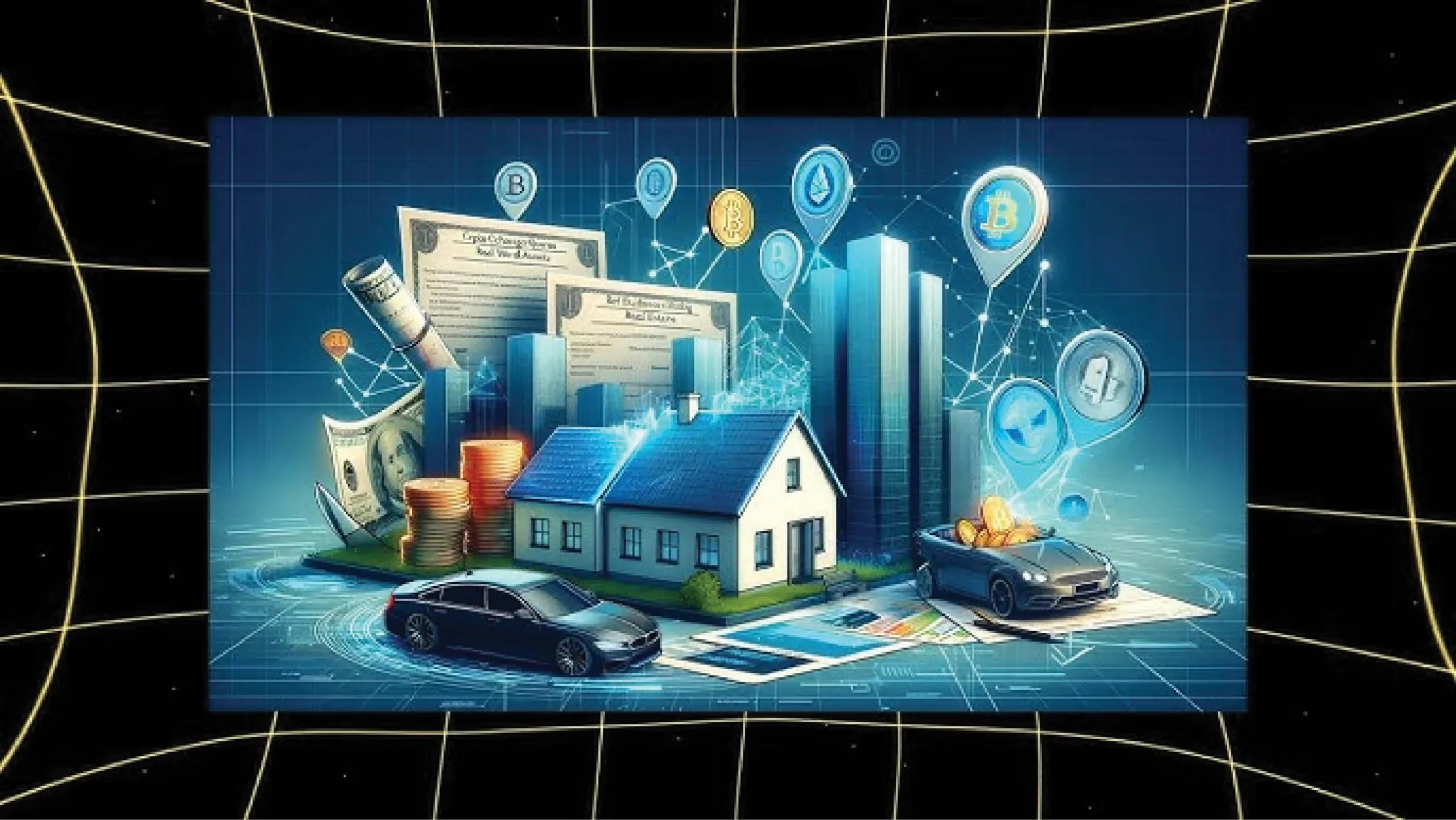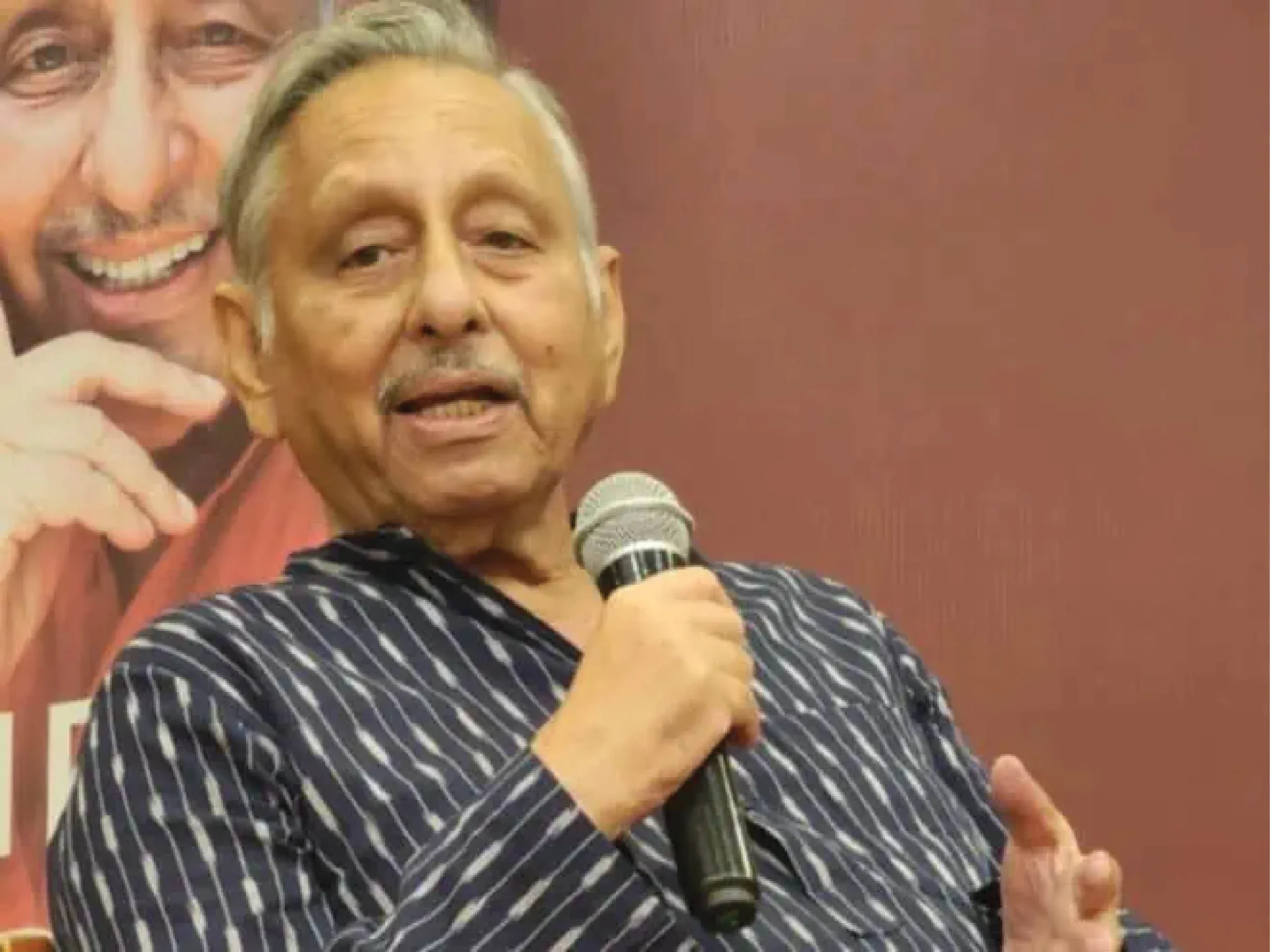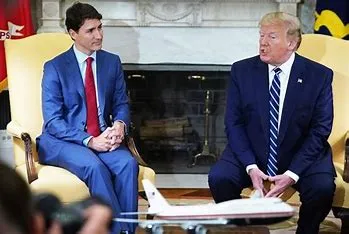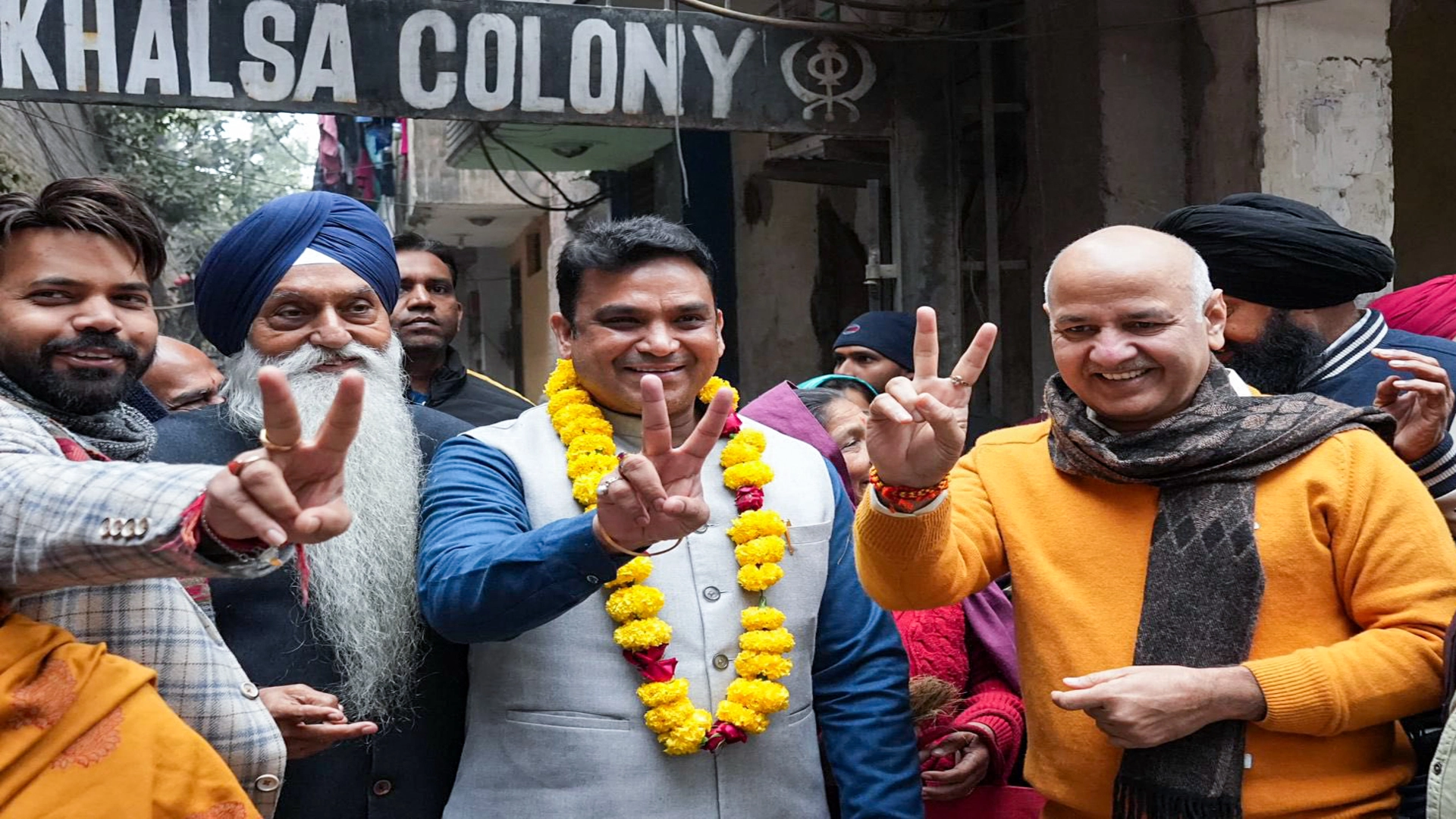Voices are coming from certain states that it’s time for another lockdown, possibly partial, to tackle the rising number of Covid cases. It is hoped that such thoughts will stay at the level of contemplation and will not translate into reality, especially when economic activities are finally starting to pick up after a prolonged lockdown-induced slump. In fact, this whole argument about cases multiplying needs to be assessed carefully, especially since except for a handful of states—particularly Delhi, Kerala and Maharashtra—the numbers are anything but “humongous”. The active Covid cases in a country with a billion-plus population is fewer than 4.5 lakh—443,486, to be precise, on Tuesday. If the number of people affected has crossed the 90 lakh-mark, it must also be recognised that over 85 lakh of those infected have recovered, with the recovery rate being 93.68%. And while even one death is a huge loss, and here more than a lakh lives have been lost, the fatality rate is as low as 1.46%, which is among the lowest in the world. The problem is indeed “humongous” in Delhi (40,212 active cases), Kerala (65,982) and Maharashtra (82,521). Delhi’s (population 1.9 crore) figures are particularly worrying, considering the number of its active cases is nearly double that of a state as populous as Uttar Pradesh (23,806 active cases and 20.4 crore population). Hence, Delhi needs special efforts to control the pandemic—but barring shutdowns. However, why will a state like Gujarat, with 13,600 active cases, impose night curfews in four of its cities, including Ahmedabad, which has 2,906 active cases? It defies logic.
This piece is not advocating taking the risk of Covid-19 lightly. If infected patients require hospitalisation and intensive care, it can have a debilitating impact on household finances. Also, there is a great degree of uncertainty about the way the infection is affecting people of all age groups, particularly those with co-morbidities. However, there is also enough anecdotal evidence to suggest that in a majority of cases, home quarantine and a combination of medicines are proving to be effective, resulting in recovery. Responsible social behaviour—including wearing masks, washing hands and social distancing—is a must to avoid the infection, but it must come naturally, and not be enforced. Also, fear mongering about the infection hitting India in waves and causing untold devastation is best avoided. India has successfully defied all predictions of “apocalypse” by analysts based on foreign shores and there is no reason to believe that it will not do so in the future as well. Even the World Health Organization is saying that community transmission of the virus has not taken place in India—what we are witnessing are clusters of infection. While it is not pleasant learning to live with the virus, but that’s exactly what seems to be happening—which also explains the “teeming millions” at public places.
While the wait for the vaccine is supposed to be getting over, it is not yet known how effective the vaccine will be, given the rapidity with which the virus is mutating; more importantly, how soon the vaccine can be reached to the 1.3 billion people of this country. It cannot happen inside a few weeks, or even months, or perhaps even years. What happens in the intervening period? The fact is, the therapy route is proving to be effective in India and even before the vaccine reaches all Indians, we could well be on our way to gain herd immunity. In the meanwhile, lives and livelihoods cannot be shut down. Things will have to come back to normal, soon, else there will be disaster—in real terms. So, all talk of curfew and lockdown must be avoided.

